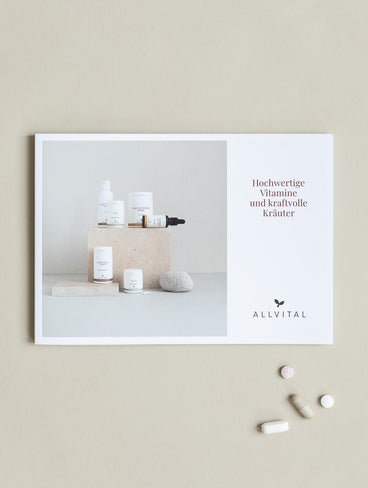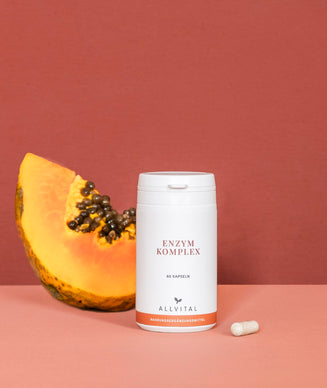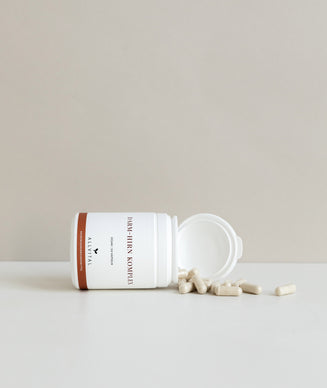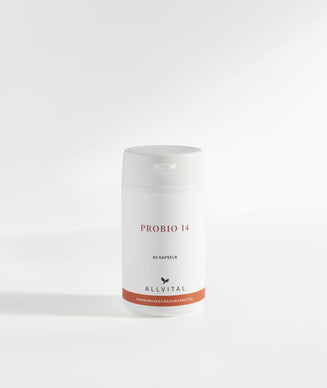Gut health
The microbiome in the gut is not uniform, but varies from person to person and changes over the course of a lifetime. A high diversity of intestinal bacteria is seen as favourable, although the balance between good and unfavourable bacteria also plays a crucial role. Many factors such as chronic stress or antibiotic therapies can cause a dysbalance, and are associated in the long term with an increased risk of diseases such as irritable bowel syndrome and allergies.
In addition to a varied diet, sufficient sleep, exercise and reduction of stress, probiotic bacterial cultures can help to restore the natural balance of bacteria in the gut, and so strengthen the barrier function of the intestine and the immune defence. Also, as a nutrient for probiotic bacteria, prebiotics can selectively stimulate the growth of beneficial bifidobacteria and lactobacilli.
For the healthy maintenance of the intestinal mucosa – which is completely renewed every few days – a sufficient supply of micronutrients such as vitamins B2 and B7, folic acid, vitamin A and zinc is of great importance.
selected with care
Our ingredients
All our ingredients are selected with the utmost consideration for origin, quality and the environment.




